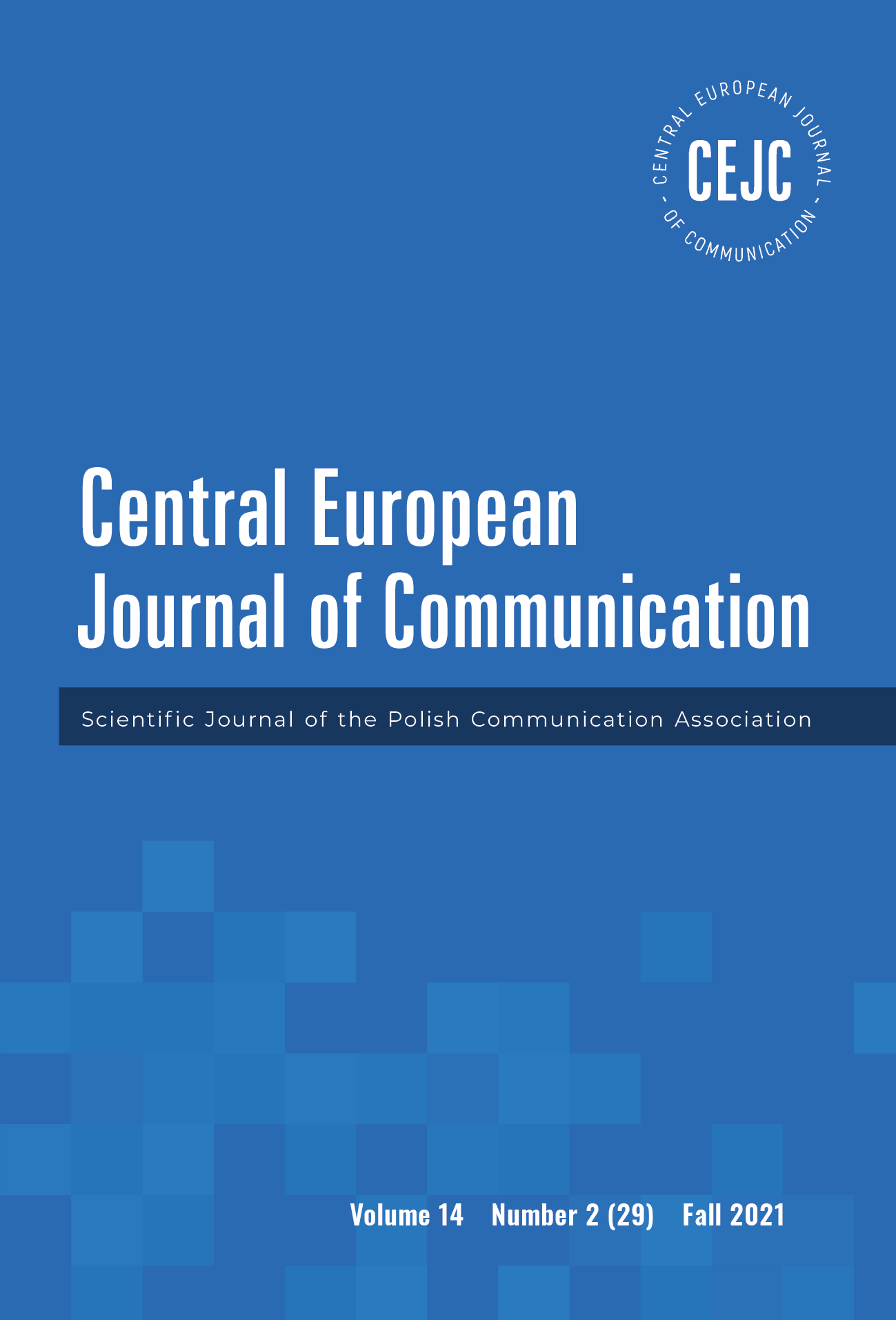The Mass Media’s Systemic Contribution to Political Transformation
The Mass Media’s Systemic Contribution to Political Transformation
Coverage of the 1956 Uprising in Hungarian Print Media (June 1988–June 1989)
Author(s): Indira DupuisSubject(s): Social Sciences, Media studies, Communication studies
Published by: Wydawnictwo Uniwersytetu Wrocławskiego
Keywords: Mass Media Systems;Print Media Reporting;Political transformation;public sphere;transformation of discourse;Hungary;Imre Nagy;
Summary/Abstract: The article is aimed at contributing to the discussion of the role of the mass media system in political transformation. For this purpose, reporting on a political issue relevant to the transformation was selected for tracing the theoretical assumption along empirical results: the hitherto taboo topic of Hungarian uprising in 1956. I studied how 1956 was reported in Hungary’s main print media, Népszabadság and Magyar Nemzet, from June 1988 to June 1989. These newspapers, despite still being controlled by the government in the dissolving socialist system of the end 1980s, helped a functional public sphere emerging. The newspapers broadened the interpretive scope by facilitating dissenting opinions and enabled a hitherto suppressed discourse about Kadar’s role in the historical events of 1956. The results suggest the newspapers acted as professional mediators and had a systemic stabilising effect on Hungarian society in this smouldering conflict.The article is aimed at contributing to the discussion of the role of the mass media system in political transformation. For this purpose, reporting on a political issue relevant to the transformation was selected for tracing the theoretical assumption along empirical results: the hitherto taboo topic of Hungarian uprising in 1956. I studied how 1956 was reported in Hungary’s main print media, Népszabadság and Magyar Nemzet, from June 1988 to June 1989. These newspapers, despite still being controlled by the government in the dissolving socialist system of the end 1980s, helped a functional public sphere emerging. The newspapers broadened the interpretive scope by facilitating dissenting opinions and enabled a hitherto suppressed discourse about Kadar’s role in the historical events of 1956. The results suggest the newspapers acted as professional mediators and had a systemic stabilising effect on Hungarian society in this smouldering conflict.
Journal: Central European Journal of Communication
- Issue Year: 14/2021
- Issue No: 29
- Page Range: 305-320
- Page Count: 16
- Language: English

